The Dojo of Partnership, Healing Family Issues, Resistant Partners & Spiritual Narcissism
Do you feel lost when it comes to healing family issues, dealing with a resistant partner, or just navigating conflict in general?
The thought of dealing with conflict may bring an immediate knot to your stomach. But the truth is, the moments that may feel the most uncomfortable at the time can turn into the biggest opportunities for growth—not just as an individual, but also as a couple.
The way we deal with conflict in relationships often determines whether the relationship will last. This week, I discuss the dojo of partnership with guest Annie Lalla, whose deep family healing brings profound wisdom and insights to the table. She also shares five key tips on using conflict as a growth opportunity—and emerging a “conflict champion.”
5 Tips for Becoming a Conflict Champion
1. Nurture a win-win mindset.
In order to foster relationship growth from conflict, it’s important to create a safe environment. Meeting conflict with force creates a win-lose mindset, with one partner trying to “win over” the other, and can easily turn frustration into resentment.
Instead, it’s best to cultivate a win-win mindset that focuses on reaching a solution that’s best for both partners. When you both emerge from the conflict satisfied, it puts you in a position to approach future issues from a place of strength.
2. Use I-messages.
When emotions are high during times of conflict, it’s easy to attack and blame your partner. You may feel hurt or upset, so your tendency may be to hit your partner where it hurts.
“You’re lazy,” “You always do this,” or “You never do that” are examples of you-messages because they put the focus on the other person. But there’s a huge problem with these.
If you direct one of these you-messages at your partner during an argument, they’ll feel attacked and shamed. Not only will that prevent a resolution, it will most likely bring more resistance and resentment.
A better solution is to use I-messages.
Instead of focusing on what the other person is doing wrong, I-messages shine a light on your emotions, your needs, and your view of the situation. This makes it easier for your partner to understand why you feel the way you do.
A good example of this shift: “You’re always so rude.” Turn it into an I-message by thinking of the way you feel: “I feel humiliated when you shout at me.”
By changing your focus in communication during conflict, you can show your partner a better way to reach resolution as well as encouraging them to take the same approach.
3.Use collaboration instead of collision.
When conflict arises, it’s usually because our expectations were not met. If you want to solve the problem, you have to work collaboratively to come to a resolution. Avoid blame or name-calling, analyze what went wrong, and be open about your expectations with each other. Approaching the conflict with a mindset of collaboration rather than defensiveness or attack can bring you to a resolution more quickly and calmly.
4. Stop trying to change them.
Telling your partner they have to change will do more harm than good. Just like with you-messages, this leads to more resistance and resentment. The harder you try, the less it’ll work.
Instead of shaming others to change, accept them for who they are, and inspire them to become a better version of themselves. With more room to breathe, they’ll feel safer and more willing to listen, understand, and change on their own.
5. Accept conflict as part of the partnership.
Always remember that no matter how like-minded you and your partner are, conflict is a natural, unavoidable thing. But the earlier you address your differences and disagreements, the less they will turn into resentments. Maintaining a mindset of growth from conflict allows you to learn from each opportunity and build a stronger relationship so you’ll both emerge “conflict champions.”
To hear Annie’s story and more of her wisdom, check out the full episode here:



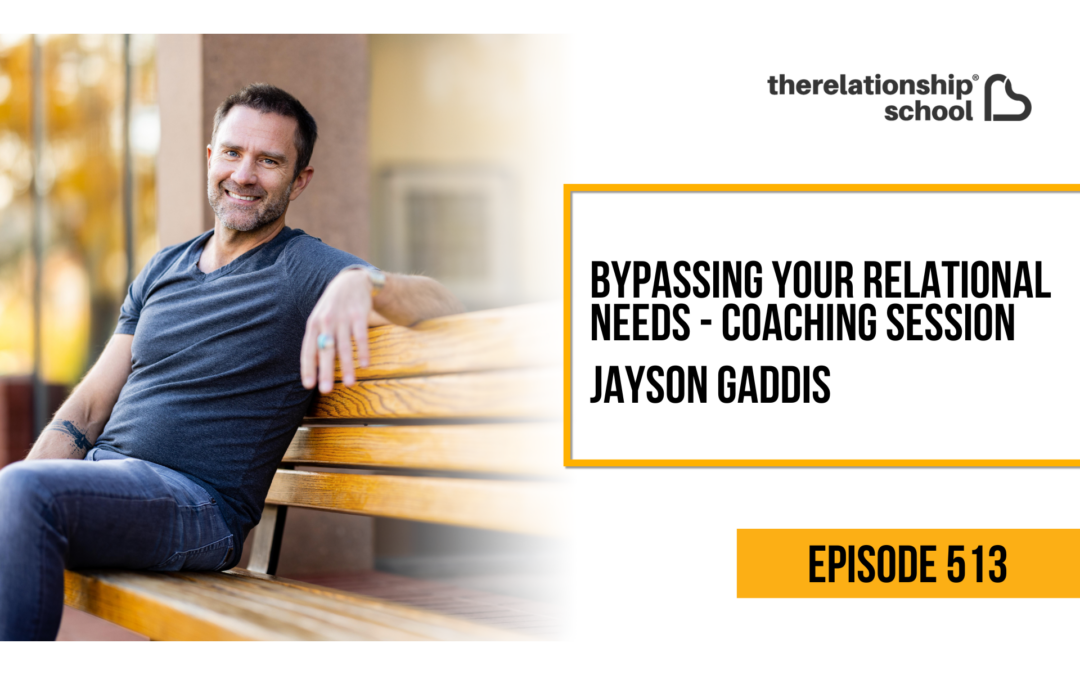
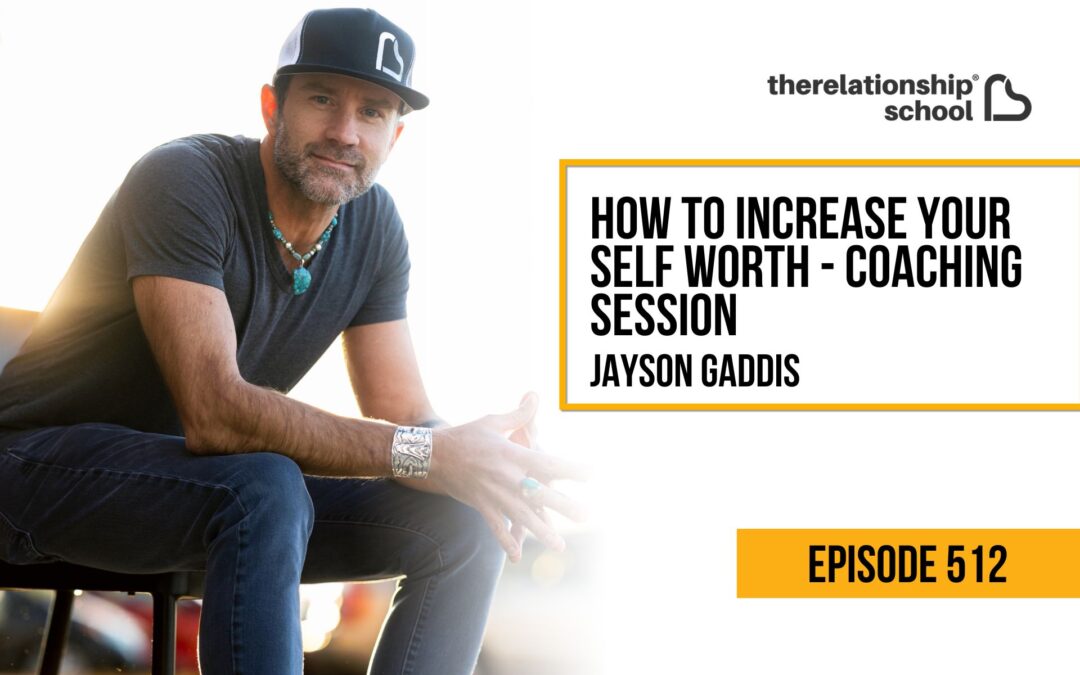
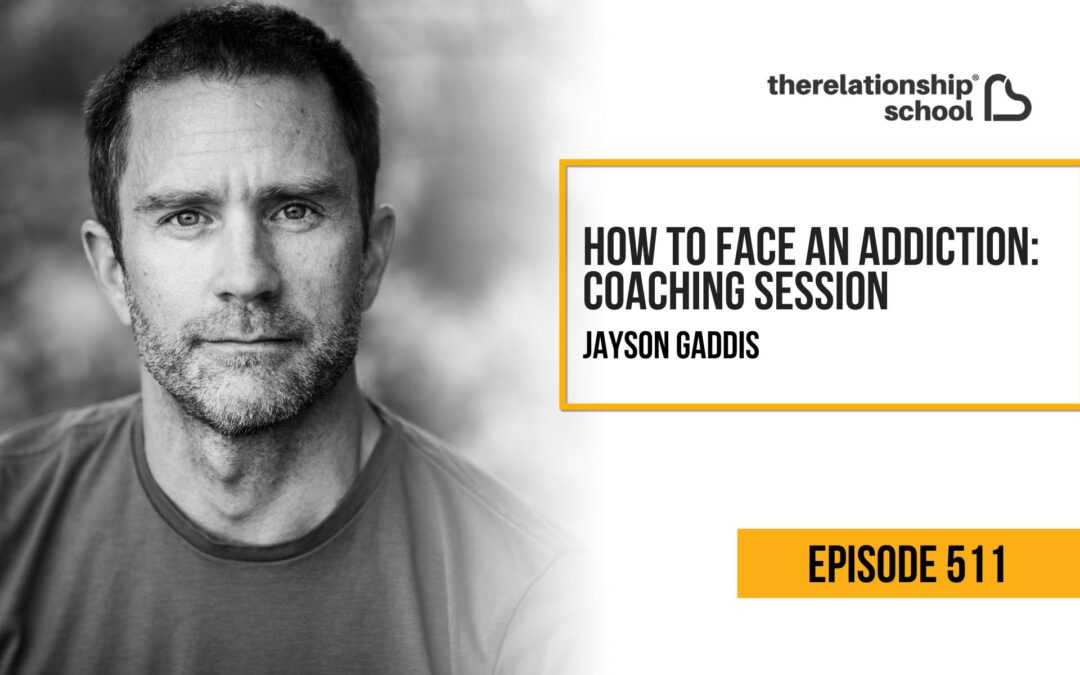
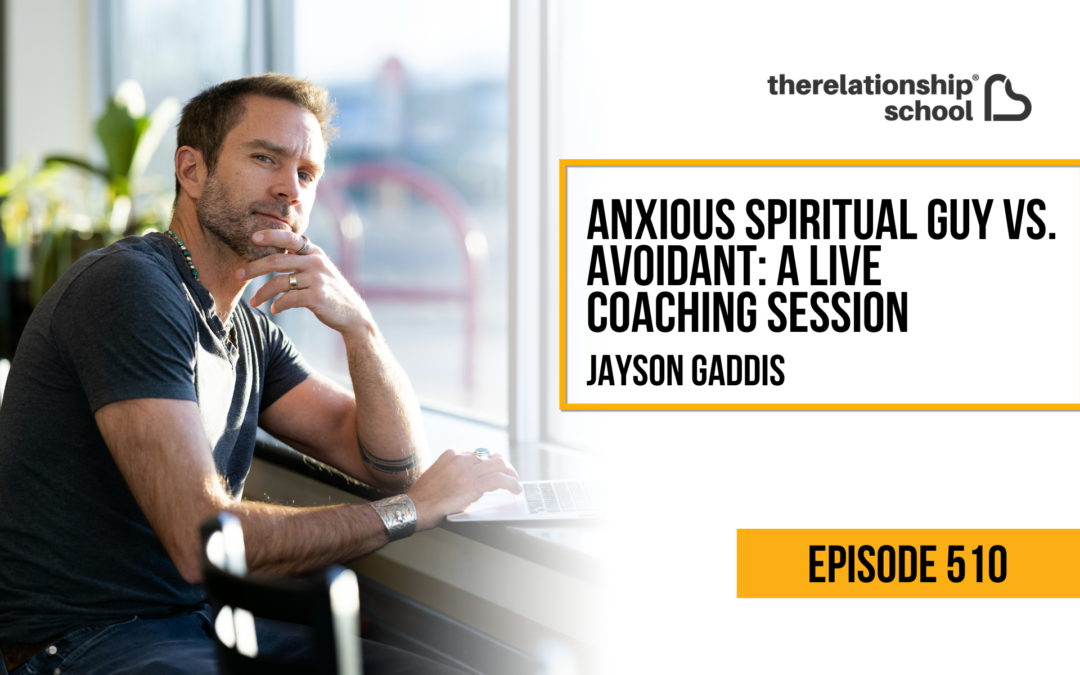
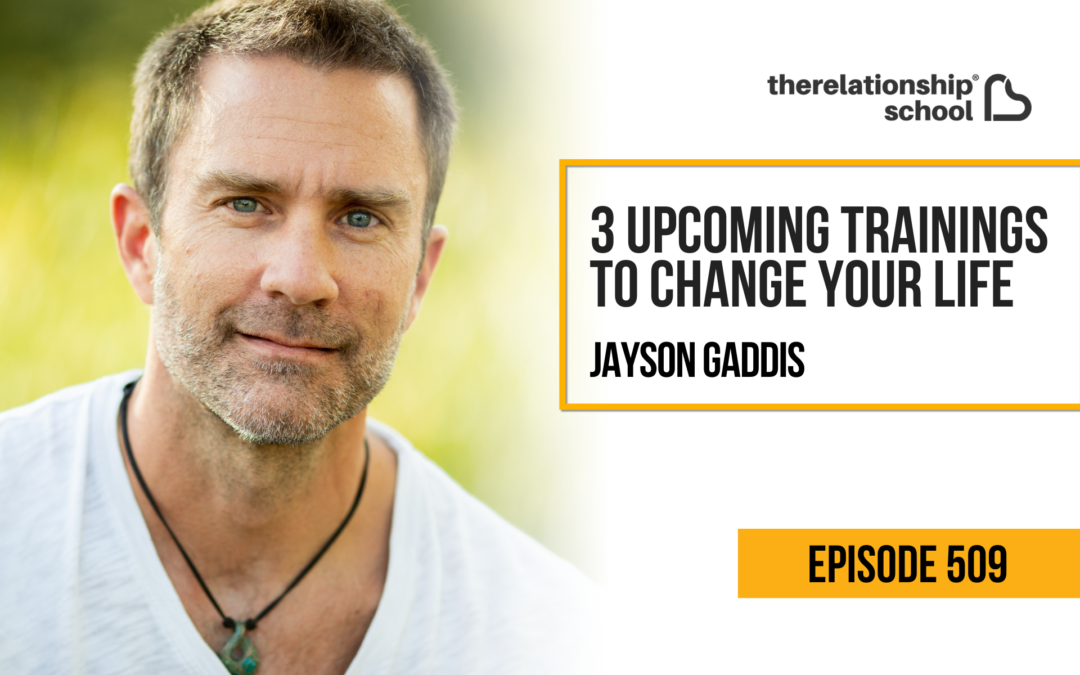









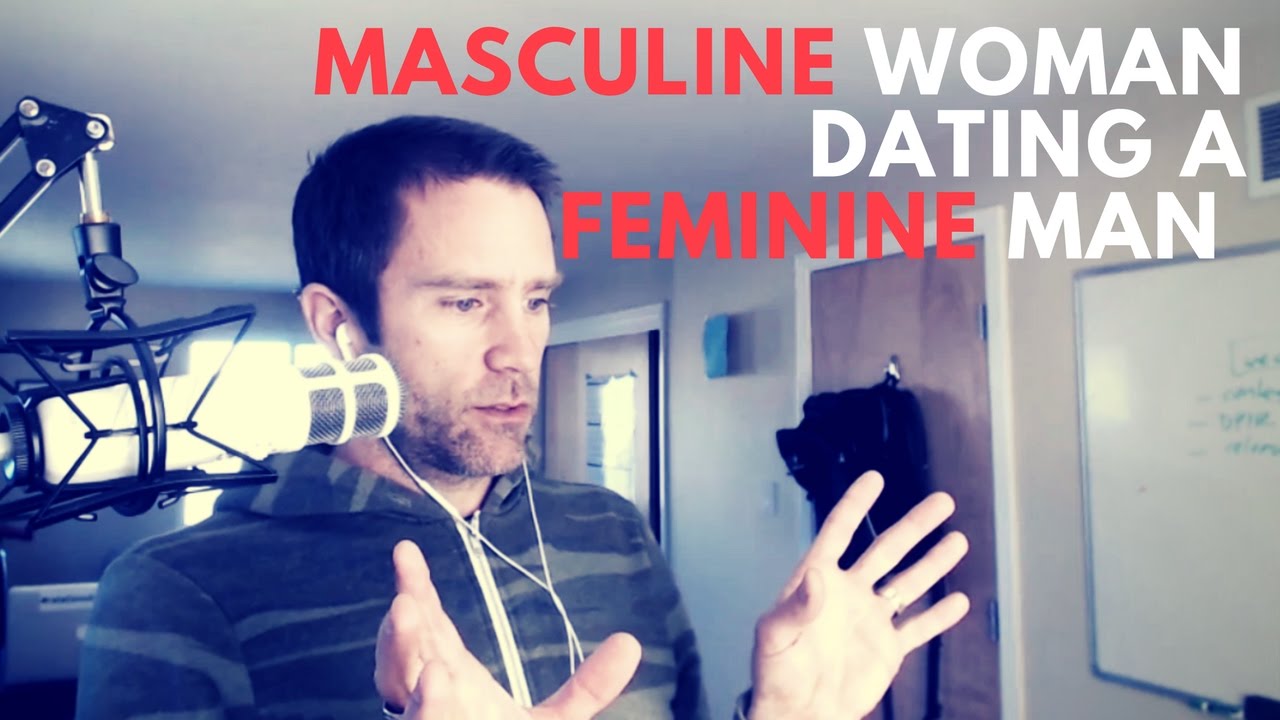

0 Comments